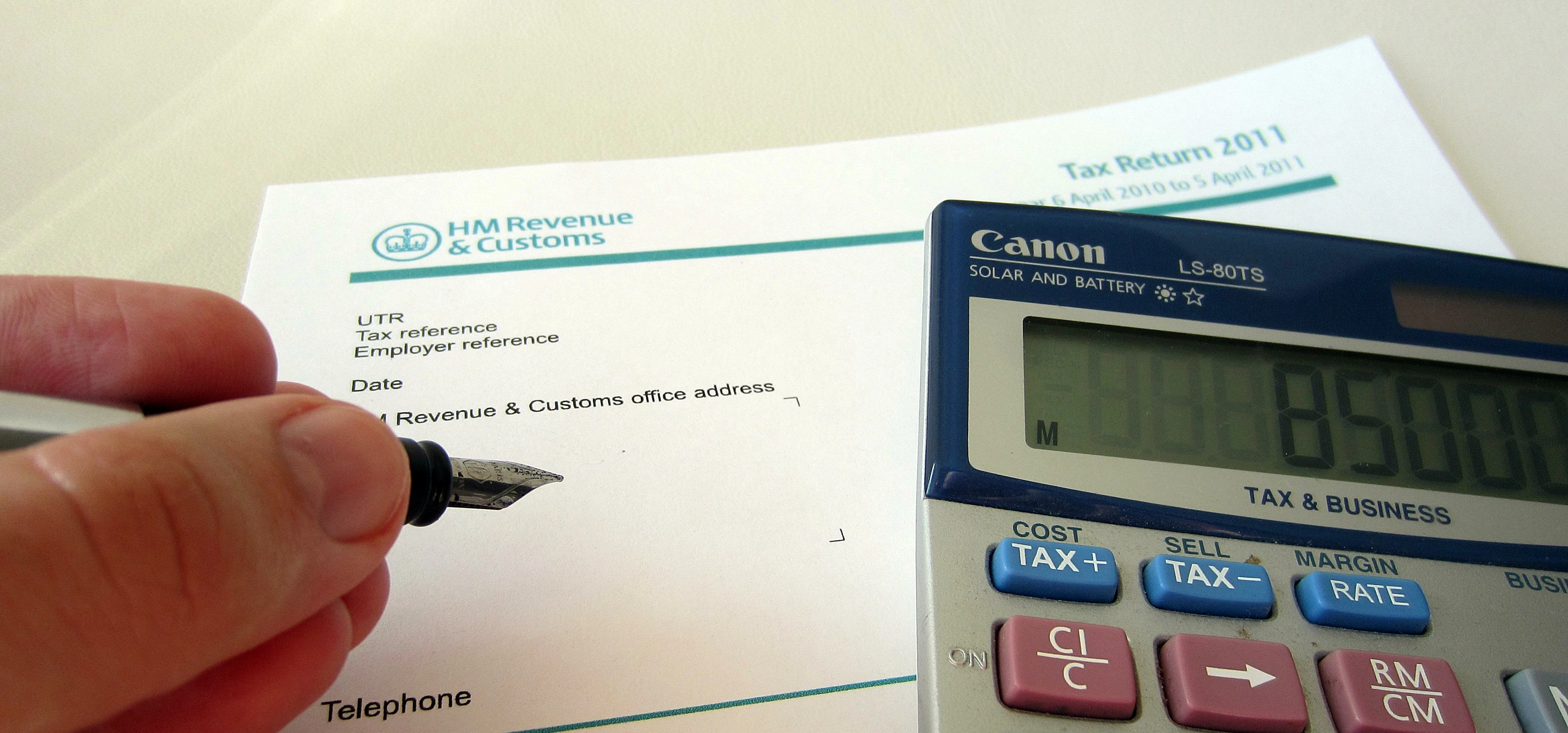
Partner Article
Tax dodgers are the real enemies of economic growth
On Monday BBC’s Panorama reported that Britain’s biggest bank, HSBC, was instrumental in helping many of its wealthiest clients avoid paying millions of pound of tax. Panorama uncovered thousands of accounts from HSBC’s private bank in Switzerland leaked by a whistleblower in 2007. The recent revelations have stirred up a political storm in the House of Commons, as several names from both the Conservative and Labour parties are revealed to have been involved in the cover-up.
Lord Fink, the former Conservative treasurer who threatened to sue Ed Miliband over the Labour leader’s comments in the House of Commons, has today conceded, admitting that “the expression tax avoidance is so wide that everyone does tax avoidance at some level.”
Although tax avoidance isn’t a criminal offense, it is considered morally wrong. According to a spokesperson at HMRC: “Tax avoidance is bending the rules of the tax system to gain a tax advantage that Parliament never intended,”
“It often involves contrived, artificial transactions that serve little or no purpose other than to produce a tax advantage. It involves operating within the letter - but not the spirit - of the law,”
Policing tax avoidance is an incredibly difficult as it is not illegal to have an offshore account in places like Switzerland or Luxembourg, where tax rates are low. So what are the current penalties for tax avoidance? In some cases HMRC demands the tax owed, plus interest, plus 10% – not confiscation or criminal penalties.
The US, Belgian, French and Argentinian governments have instigated criminal proceedings against HSBC. Meanwhile in the UK, Chancellor George Osborne has introduced a General Anti-Avoidance Rule which can be easily navigated by lawyers and tax experts.
It’s not just political figures like Lord Fink who have taken advantage of HMRC’s lacklustre attitude, national professional services network PwC has been accused of promoting tax avoidance “on an industrial scale” according to a report by MPs. Margaret Hodge, chairwoman of the Public Accounts Committee (PAC) said: “We believe that PricewaterhouseCoopers’s activities represent nothing short of the promotion of tax avoidance on an industrial scale.
“Contrary to its denials, the tax arrangements PwC promotes, based on artificially diverting profits to Luxembourg through intra-company loans, bear all the characteristics of a mass-marketed tax avoidance scheme.”
Hodge believes that PwC had taken a front seat in the promotion of ‘tax havens’ to its wealthy clients. According to the report, PwC had written more than 500 letters to the tax authorities in Luxembourg, on behalf of more than 300 international clients.
As for figures, the true economic impact of tax avoidance is yet to be calculated but in the 2012/13 financial year, businesses and individuals paid £34 billion less tax than they should have done according to official statistics. To put this number in perspective, the gross deficit of the NHS stood at £297 million for the same period. Similar comparisons could be drawn across the board and the losses suffered by the economy as a result of tax avoidance are undeniable.
As Fink suggests, tax avoidance is more commonplace than we realise in today’s Britain with millions of pounds being shifted overseas by the 1%, while the 99% continue to face adversity finding employment, affording housing and getting educated. Without strict criminal procedures in place, the wealthy will continue to take advantage of the system, while immigrants and ‘benefit cheats’ take the blame for the forthcoming recession.
This was posted in Bdaily's Members' News section by Ellen Forster .
Enjoy the read? Get Bdaily delivered.
Sign up to receive our popular morning National email for free.








 Raising the bar to boost North East growth
Raising the bar to boost North East growth
 Navigating the messy middle of business growth
Navigating the messy middle of business growth
 We must make it easier to hire young people
We must make it easier to hire young people
 Why community-based care is key to NHS' future
Why community-based care is key to NHS' future
 Culture, confidence and creativity in the North East
Culture, confidence and creativity in the North East
 Putting in the groundwork to boost skills
Putting in the groundwork to boost skills
 £100,000 milestone drives forward STEM work
£100,000 milestone drives forward STEM work
 Restoring confidence for the economic road ahead
Restoring confidence for the economic road ahead
 Ready to scale? Buy-and-build offers opportunity
Ready to scale? Buy-and-build offers opportunity
 When will our regional economy grow?
When will our regional economy grow?
 Creating a thriving North East construction sector
Creating a thriving North East construction sector
 Why investors are still backing the North East
Why investors are still backing the North East